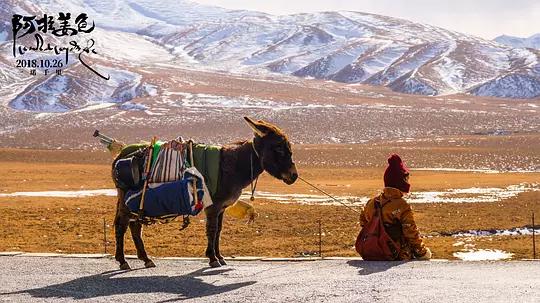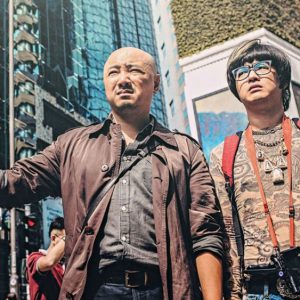Article by Janela Gaw
Edited by Regiena Siy
A journey like no other, Ala Changso, which bears the name from its Tibetan song, “Please drink this wine” tells a story about a long pilgrimage set to Lhasa. The film makes use of the Tibetan scenery by incorporating long shots of the scenic views along the roads and mountains. More importantly, the film touches on the importance of self-discovery and family along the road of life.
The start of the film already gives the audience context as to the relationship between Drolma (played by Nyima Sungsung) and Dorje (played by Yungdrung Gyal) as husband and wife. Drolma finds out she has a terminal disease and immediately decides to go on a venture of pilgrimage to Lhasa. The journey is set to take a year and Drolma ultimately decides to hide her condition from her husband to keep him from worrying about her. However, Dorje discovers the truth a month into Drolma’s venture and tries to convince her to quit, but he ends up staying with Drolma and her son from her ex-husband, Norbu to complete the pilgrimage together.
The film is able to keep an understandable and straightforward narrative about pilgrimage, and interestingly, it presents the audience with a fresh perspective halfway through the runtime as the protagonist changes due to certain events. The story is then transformed from a journey of self-discovery to a journey of fulfilling a loved one’s wishes in support of their dreams and hopes. On the downside, the film’s overall narrative may seem abrupt for some audiences, as it immediately jumps into the solemn mood set by the main characters. The film also doesn’t flesh out the characters, since the audience only gets to know them vaguely as the film progresses.
Watching the film feels like a journey in itself as we are given a glimpse into Tibetan culture and practices, especially with regards to the religious symbolism of pilgrimage. Ala Changso manages to hit the audiences’ heartstrings through the relationships fostered between the family. The characterization of Drolma was also poignant and well-done, as struggles with her disease but still pushes herself to go on despite the circumstances. The film is overall a good watch because of its different pacing, unique storyline, and stunning visuals.




